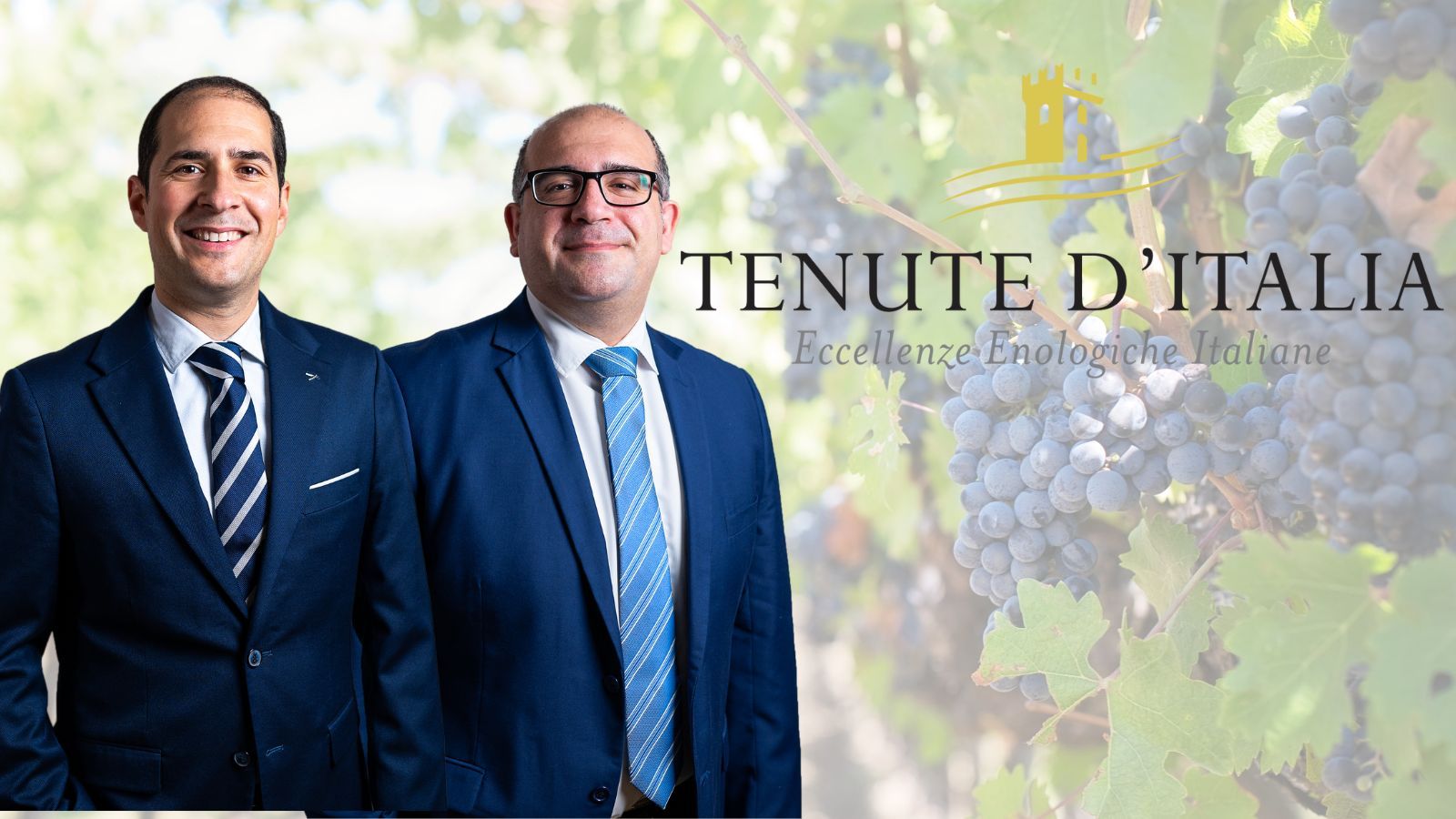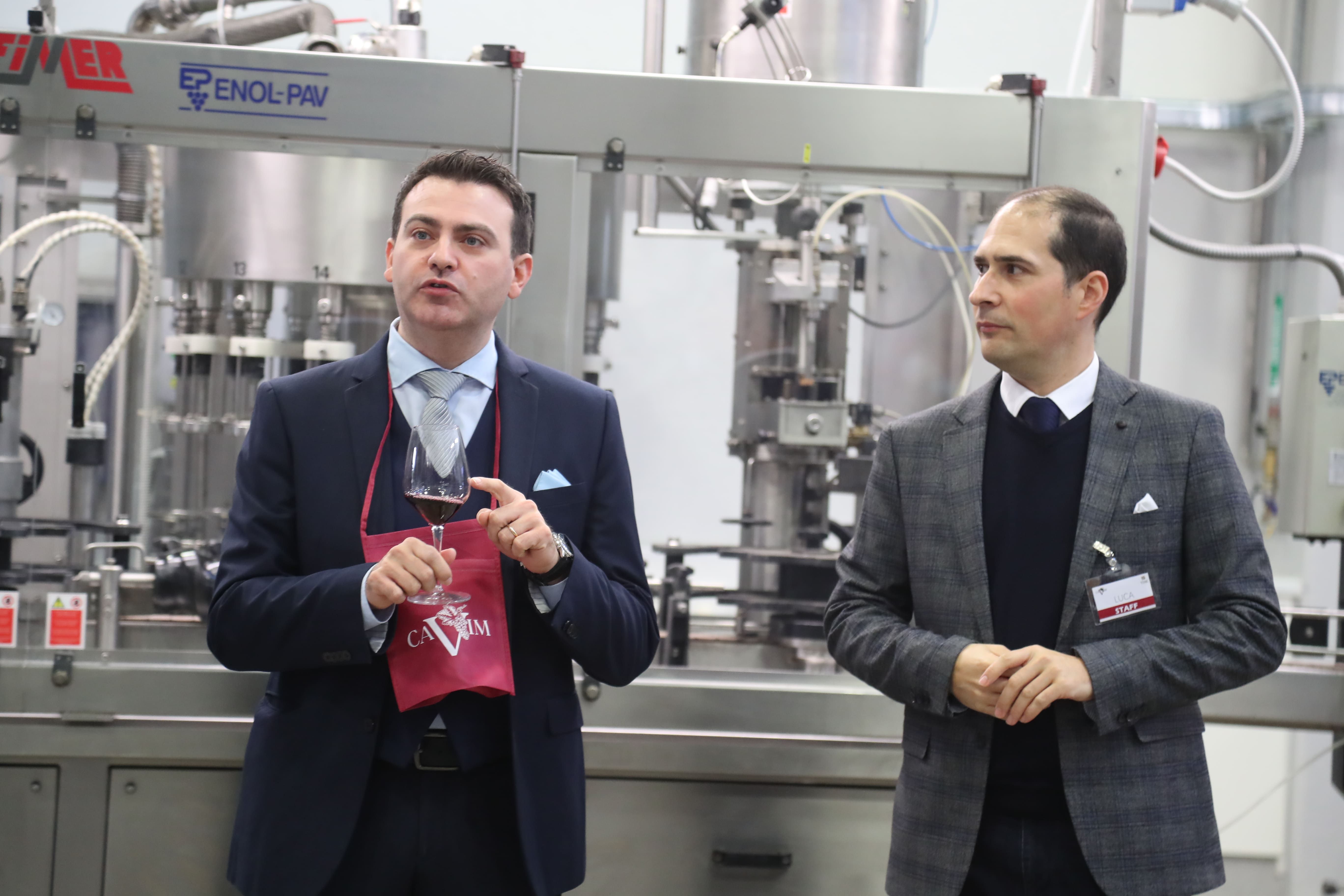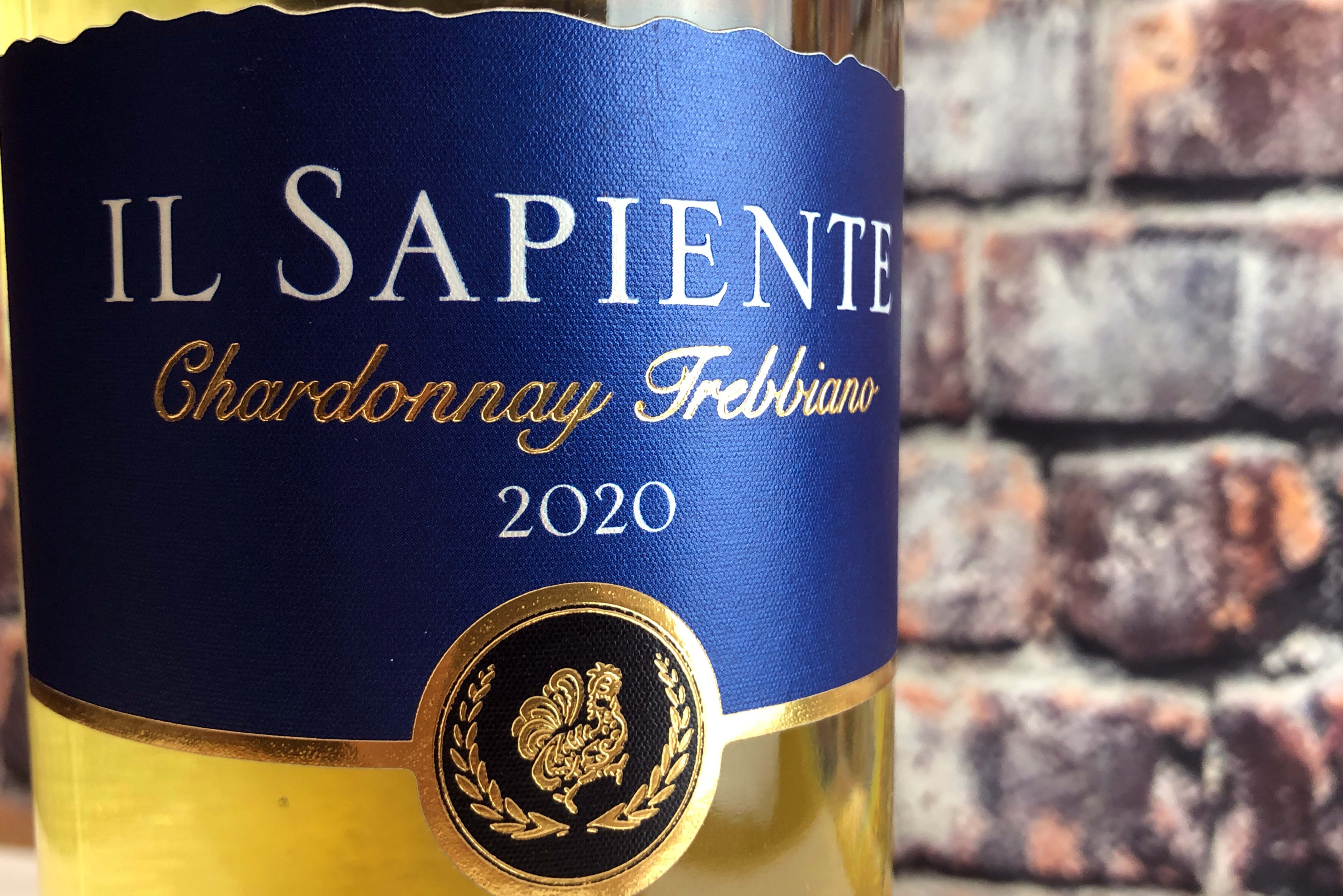Let's Talk About Wine Tasting

The first topic that we would like to deal with within this blog relates to wine tasting. Before venturing into the details of this vast topic we want, first of all, to explain what has motivated us to choose it as the starting point for this new form of communication, this blog, which we intend to use as a tool for all wine lovers.
As so often happens, the inspiration comes from our technical experience in the wine sector… but in this case outside the professional sphere.
Gathered around the table with friends and relatives, it often happens that we are consulted because of our profession to choose which wine to serve or even to make an actual judgment on the one offered on the table, as if to irrefutably confirm or deny the opinion of our fellow diners
Although the technique of tasting benefits greatly from the experience and in-depth knowledge of the specific production and aging techniques, the sensory assessment of a wine represents an exercise so connected to the subjectivity of the taster that whichever opinion is expressed is absolutely valid and worthy of note in this regard, without distinction of rank or any hierarchy.
Does this mean that we are all sommeliers? No, the sommelier is a professional figure capable of expressing a complex judgment, placing each wine in its own geographical, technical and cultural production context. This requires a great deal of study and updating, as well as constant practice for an increasingly perfect refinement of one's skills, both in recognizing the characteristics of a wine and, not least, in describing them.
May I taste a wine even if I’m not a sommelier? Absolutely yes! Tasting is nothing more than a procedure to know the wine, arranged according to a precise plan which enables one to take into consideration all the main characteristics. The process requires a gradual involvement of all our senses, so that the profile of our wine gradually becomes ever more complete. Finally, the assessment of each element will allow for a conclusive opinion on the said product in its entirety.
On completion of the tasting can we therefore say whether a wine is good or bad? Not exactly. Amongst the aspects that are to be taken into consideration during the course of the tasting certainly includes any defects that the wine may present, but in general one tasting does not provide an accurate and true assessment of the quality of the product as to whether it is good or bad.
Why taste the wine then? Each time we taste a wine we create a unique experience, in a certain sense truly unrepeatable, that we live and fix in our memory through our senses. Developing a tasting technique endows us with an important tool that allows us to live this experience in a more organized, a more informed, and consequently a more useful way of learning, not only about the wine but also about ourselves. Learning to put together an articulate judgement can in fact allow us to find the interconnection between our preferences, stimulate our curiosity … and guide us to the next tasting!
Featured
Follow us

Tenute D'Italia is a trade mark of Morini s.r.l.
VAT 00615541208 e 03367140377
Tel +39 0542 641194 - Imola (BO) Italy







